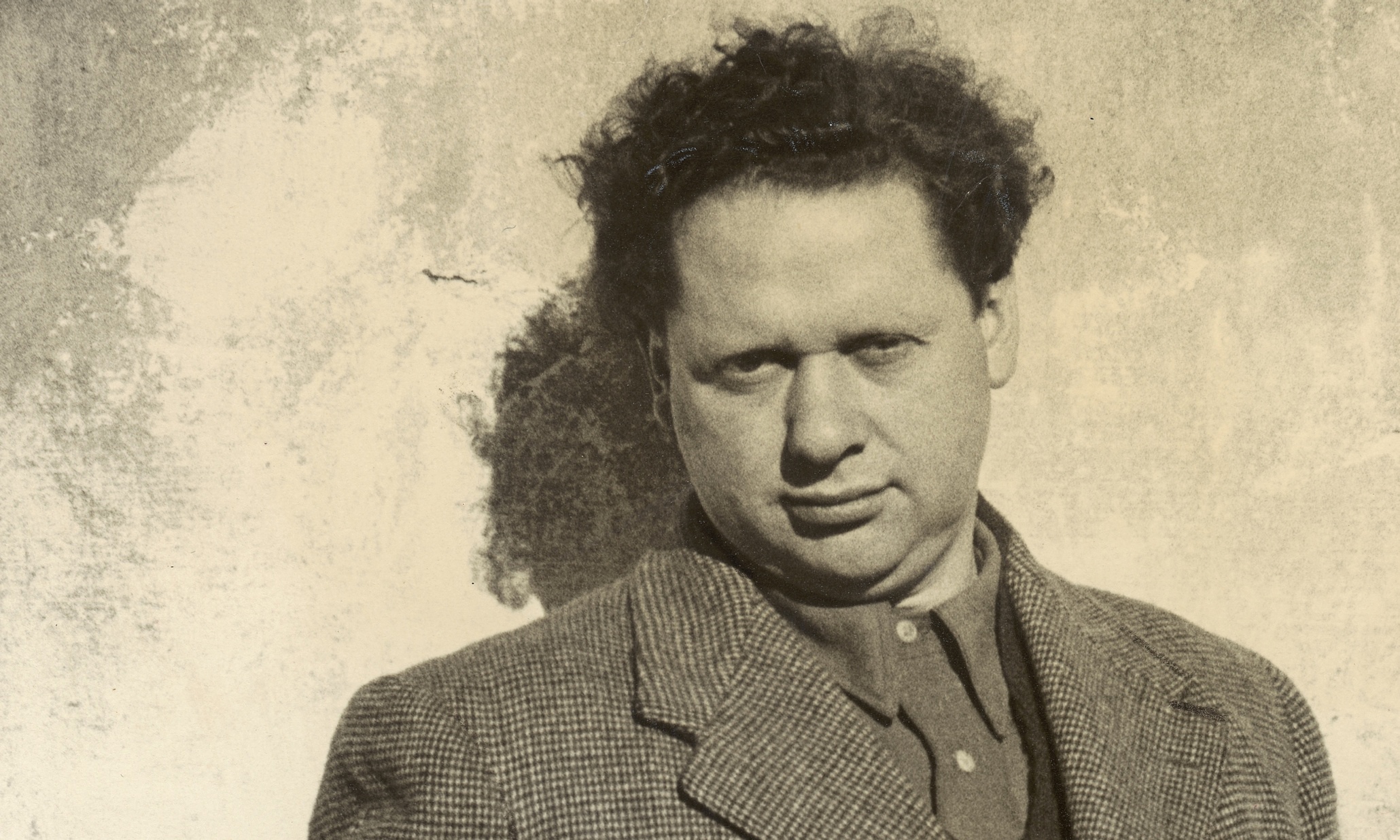A sly fox of a song, one that slipped onto Cream's 1968 album 'Wheels of Fire' in between some incredible songs by Jack Bruce and Pete Brown plus some of Clapton's finest guitar playing. This song was by Ginger Baker and Mike Taylor and somehow fitted in neatly with this more experimental album.
Pressed rat and warthog have closed down their shop.
They didn’t want to; ’twas all they had got.
Selling atonal apples, amplified heat,
And pressed rat’s collection of dog legs and feet.
Sadly they left, telling no one goodbye.
Pressed rat wore red jodhpurs, warthog a striped tie.
Between them, they carried a three-legged sack,
Went straight round the corner and never came back.
Pressed rat and warthog have closed down their shop.
The bad captain madman had told them to stop
Selling atonal apples, amplified heat,
And pressed rat’s collection of dog legs and feet.
The bad captain madman had ordered their fate.
He laughed and stomped off with a nautical gate.
The gate turned into a deroga tree
And his pegleg got woodworm and broke into three.
Pressed rat and warthog have closed down their shop.
They didn’t want to; ’twas all they had got.
Selling atonal apples, amplified heat,
And pressed rat’s collection of dog legs and feet.
.
.
.
aNOtHEr dIp INtO ThE mAGpIE mEMOrY pOOoL.





